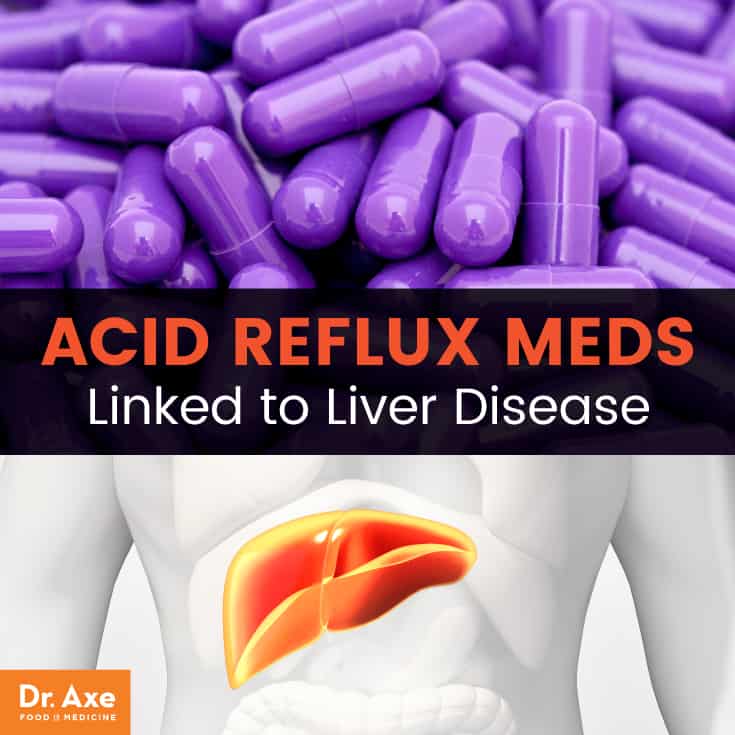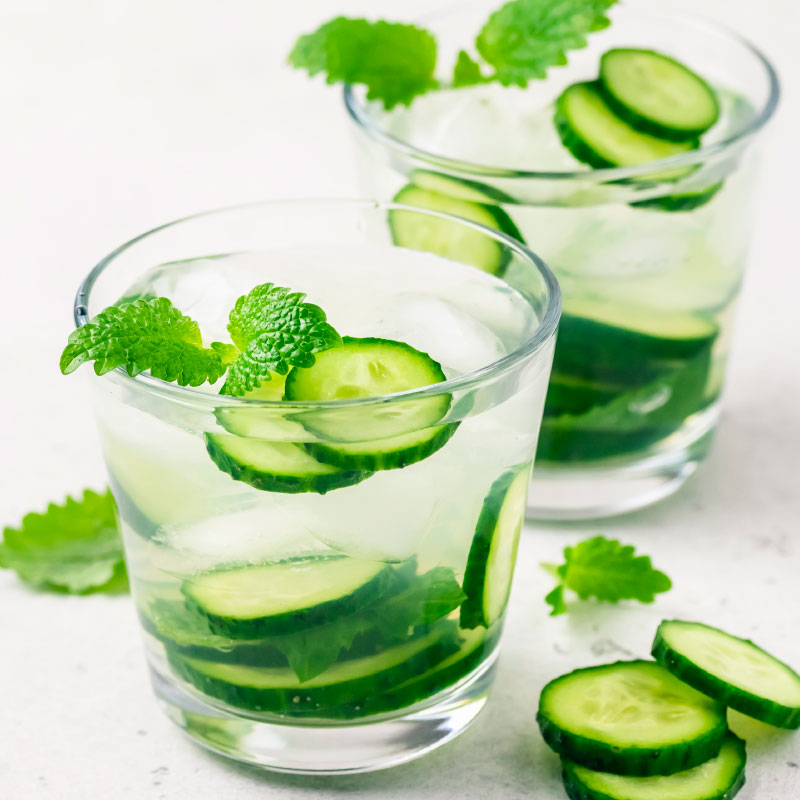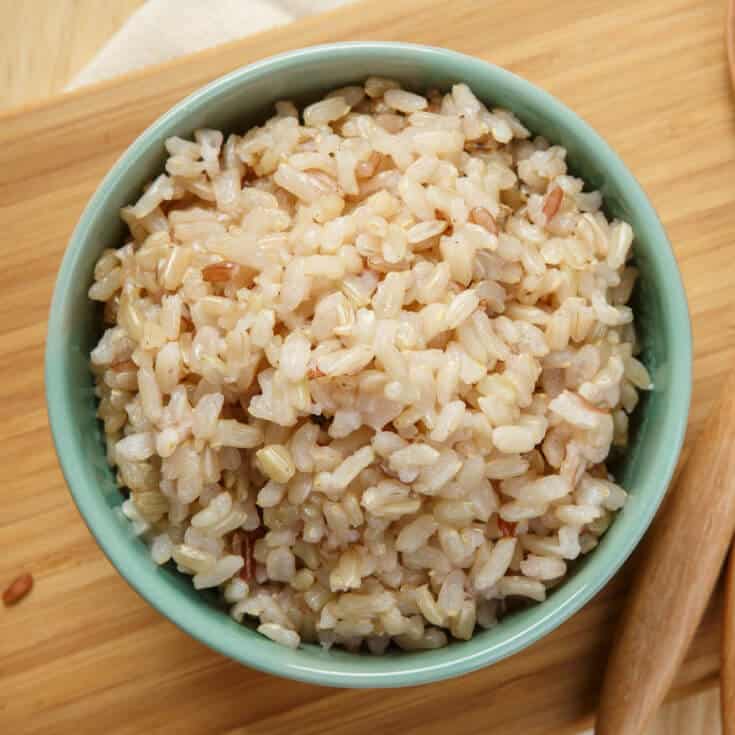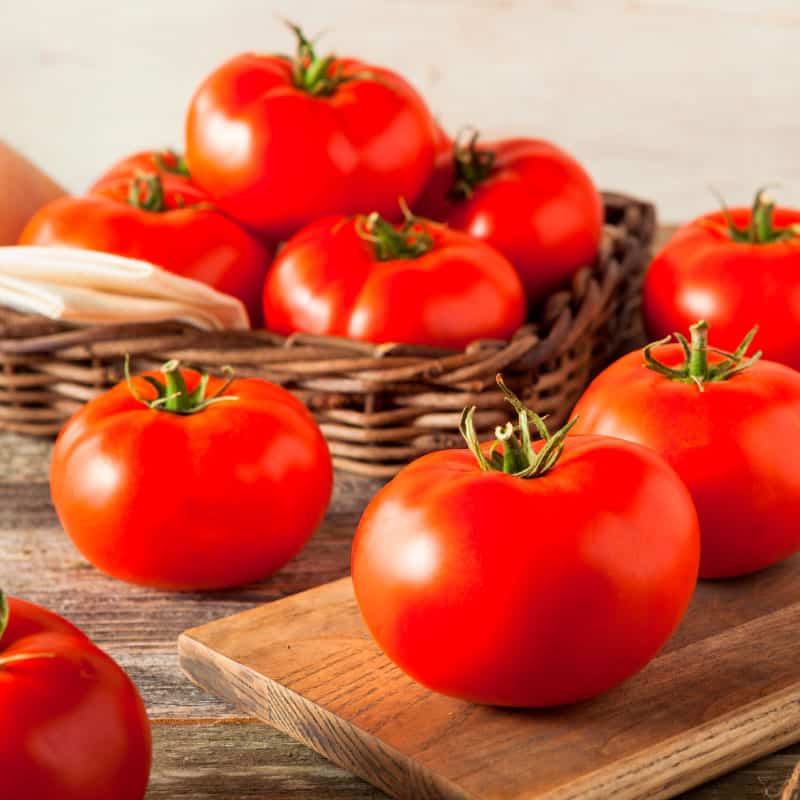This Dr. Axe content is medically reviewed or fact checked to ensure factually accurate information.
With strict editorial sourcing guidelines, we only link to academic research institutions, reputable media sites and, when research is available, medically peer-reviewed studies. Note that the numbers in parentheses (1, 2, etc.) are clickable links to these studies.
The information in our articles is NOT intended to replace a one-on-one relationship with a qualified health care professional and is not intended as medical advice.
This article is based on scientific evidence, written by experts and fact checked by our trained editorial staff. Note that the numbers in parentheses (1, 2, etc.) are clickable links to medically peer-reviewed studies.
Our team includes licensed nutritionists and dietitians, certified health education specialists, as well as certified strength and conditioning specialists, personal trainers and corrective exercise specialists. Our team aims to be not only thorough with its research, but also objective and unbiased.
The information in our articles is NOT intended to replace a one-on-one relationship with a qualified health care professional and is not intended as medical advice.
Popular Acid Reflux Medication Linked to Chronic Liver Disease
October 13, 2017

Proton-pump inhibitors, or PPIs, are some of the most commonly prescribed medications in the world. In fact, one study estimates Americans spend $11 billion on PPIs each year. (1) These popular pills are prescribed for the prevention and treatment of acid-relation conditions like acid reflux. But you may or may not be surprised to learn that these pills may do more harm than good.
This conventional treatment works to reverse acid reflux by reducing the amount of acid in your stomach, in turn blocking the enzyme responsible for production. Unfortunately, it’s a common misconception that acid reflux symptoms are a result of excess gastric acid. In fact, it’s normally quite the opposite. There isn’t enough stomach acid. So, not only are these medications not getting to the true root of the problem, they’re also putting you at an increased risk for liver disease, according to a 2017 study published in Nature Communications.
Acid Reflux Medication & Liver Disease
Our stomachs produce acid to kill ingested microbes. By taking a medication that suppresses the secretion of these gastric acids, it changes the composition of the gut microbiome.
Researchers at University of California San Diego School of Medicine uncovered evidence in mice and humans suggesting that stomach acid suppression may promote liver injury and the progression of three chronic liver diseases: alcoholic liver disease, nonalcoholic fatty liver disease (NAFLD) and nonalcoholic steatohepatitis (NASH), as a result of these microbiome changes.
Specifically, researchers found that the lack of gastric acid promotes the growth of the bacteria Enterococcus in the intestines. When this bacteria translocates to the liver, it worsens inflammation and chronic liver disease. To confirm the increased Enterococcus bacteria was behind the effect on chronic liver disease, the team colonized mice with Enterococcus faecalis to mimic the overgrowth they had observed with acid suppression. The results? Increased Enterococcus alone was sufficient to induce mild steatosis and increase alcohol-induced liver disease in these mice.
A large, randomized, controlled clinical trial is needed to definitively show the link between PPIs and the risk of chronic liver disease in humans, but this introductory data brings to light a major concern with these all-too-common acid reflux medications. (2)
Other Acid Reflux Med Side Effects
While the risk for liver disease causes enough concern to toss aside this conventional acid reflux “remedy” for good, PPIs pose a number of other health risks. The most common, milder side effects of taking proton-pump inhibitors include: (3)
- Headache
- Diarrhea
- Constipation
- Abdominal pain
- Flatulence
- Fever
- Vomiting
- Nausea
- Rash
But it doesn’t stop there. Long-term, high-dosage use of acid reflux PPI medications may result in:
- Clostridium difficile (C. diff)
- Osteoporosis and arthritis (4)
- Reduced absorption of vitamin B12 (cyanocobalamin)
- Magnesium deficiency (hypomagnesemia)
- Heart attack
- Stevens-Johnson syndrome
- Toxic epidermal necrolysis
- Reduced kidney function
- Pancreatitis
- Erythema multiforme
- Ulcers (5, 6)
- Inflammatory bowel conditions, including Crohn’s disease, ulcerative colitis and IBS (7, 8)
- Leaky gut
- Asthma (9)
Natural Acid Reflux Remedies
Study after study points to diet as one of the main contributing factors to acid reflux. In order to avoid complications and restore your digestive tract back to health, it’s time to change what you eat. A diet that will help restore your stomach acids back to health includes:
- Organic vegetables (especially leafy greens, squash, artichoke, asparagus and cucumbers)
- High-fiber foods
- Probiotic-rich foods (kefir, bone broth, apple cider vinegar)
- High-quality protein (free-range chicken and grass-fed beef)
- Healthy fats like coconut or olive oil
- Aloe vera
- Parsley
- Ginger
- Fennel
Some of the worst foods for acid reflux that may be contributing to the problem include:
- Alcohol
- Carbonated beverages, sugary drinks or energy drinks
- Artificial sweeteners and excess sugar
- Fried foods
- Vegetable oils, including canola oil
- Spicy foods
- Processed foods
- Refined grains
While using food as medicine is the most natural approach you can take to get rid of acid reflux, if these foods aren’t powerful enough alone to alleviate unwanted symptoms, natural supplements may give your natural treatment the extra boost it needs. These are often recommended for acid reflux:
- Digestive enzymes — Digestive enzymes help foods fully digest and aid in nutrient absorption.
- Probiotics — Consuming healthy bacteria helps balance the digestive tract and get rid of bad bacteria that may lead to indigestion, leaky gut, poor absorption of nutrients and other digestive issues.
- HCL with Pepsin — HCL may help return stomach acid levels to a healthy, balanced amount. (10)
- Chamomile or papaya herbal tea — Chamomile tea helps reduce inflammation in the digestive tract. Papain, an enzyme in papaya, aids in digestion by breaking down proteins.
- Magnesium complex supplement — Magnesium can function as an antacid, helping correct acid in the stomach, reducing acid reflux symptoms. (11)
- Melatonin — Research shows melatonin levels in individuals with acid reflux are lower than individuals without acid reflux. In one study, approximately 50 percent of individuals that took melatonin for 12 weeks had symptoms either improve or go away completely. (12)
Lifestyle changes in combination with introducing healthy foods, saying goodbye to gut-wrenching diet choices and supplementing offer you the best opportunity to return to complete gut health. To balance your stomach acids:
- Use blocks to raise the head of the bed four to six inches, which can help keep acid in the stomach.
- Exercise and manage stress. Try yoga, meditation, acupuncture, art or music therapy, or another stress-management tool. A sedentary lifestyle and stress worsens symptoms of acid reflux.
- Don’t overeat. Eat smaller meals to allow foods to properly digest. Large meals and overeating put pressure on the sphincter.
- Don’t consume food three hours before bed. Allow your stomach to digest the foods from the meal and sip a cup of tea instead.
- Chew foods more. Remember, digestion starts in the mouth.
Final Thoughts
- Proton-pump inhibitors, or PPIs, suppress the secretion of gastric acids. As a result, they also alter the gut microbiome.
- The lack of gastric acid as a result of these medications promotes the growth of Enterococcus in the intestines. When this bacteria moves to the liver, it worsens inflammation and chronic liver disease.
- Natural remedies such as an acid reflux diet, supplements and eating and lifestyle changes offer an effective alternative for acid reflux relief without the dangerous side effects.
Read Next: Postbiotics: Uses + 5 Benefits for Gut Health & Beyond
[webinarCta web=”hlg”]










